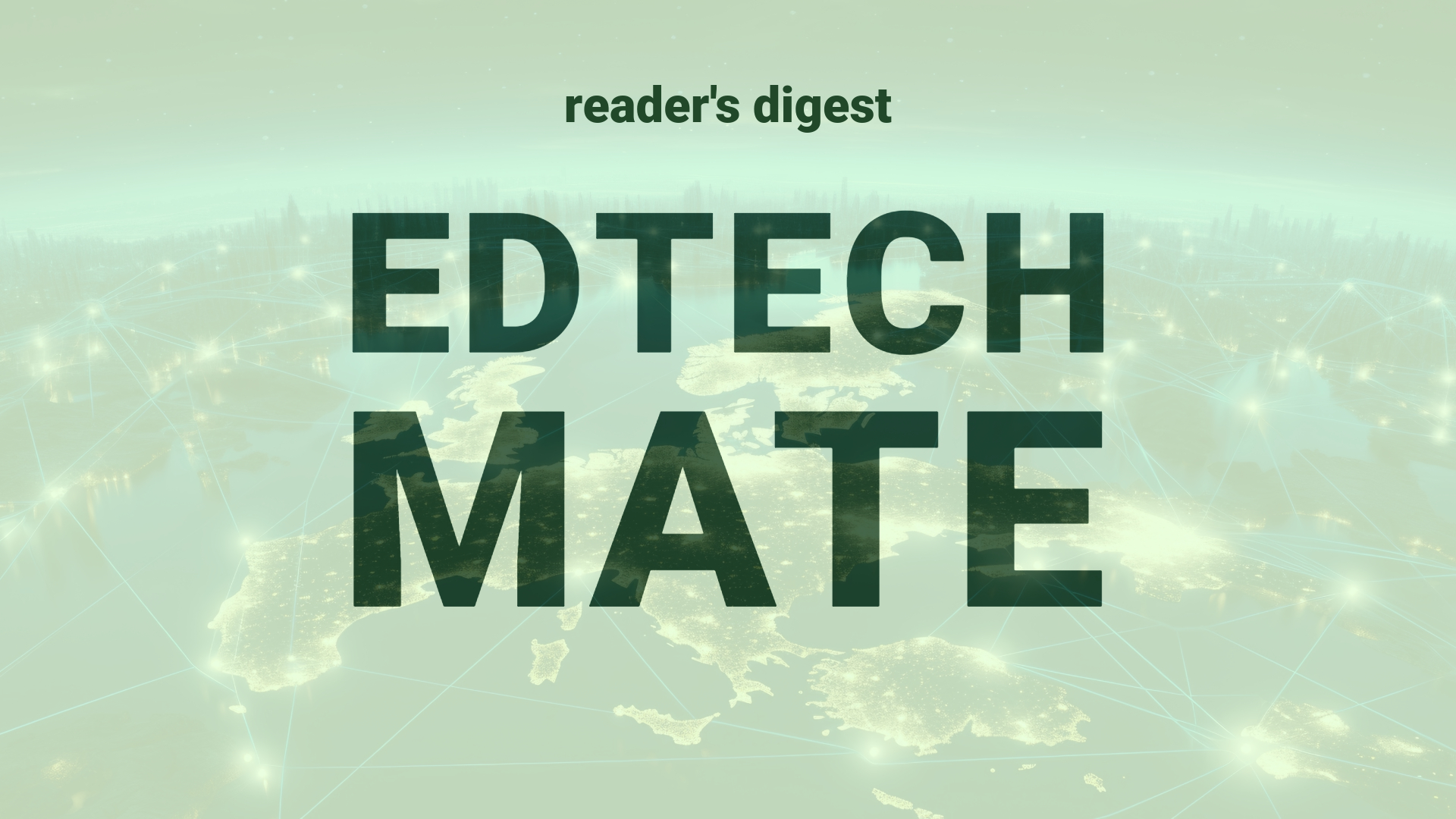Executive Summary and Main Points
Key innovations in the education technology news focus on the fusion of geographic approaches and sustainability. Organizations leverage Geographical Information Systems (GIS) to integrate, analyze, and visualize data with spatial components. This enhances understanding of environmental, societal, and economic impacts. GIS technology facilitates data integration from various sources, allows spatial perspective analysis to identify patterns and connections, and improves interactive data communication, promoting stakeholder engagement.
Potential Impact in the Education Sector
The mentioned geographic approach could significantly impact Further Education and Higher Education by enabling accurate mapping of educational resources, assessing campus sustainability, and planning resilient infrastructure. Micro-credentials powered by GIS might emerge, focusing on sustainability literacy and geospatial data analysis skills, fostering strategic partnerships with environmental organizations and enhancing digitalization in curriculum development.
Potential Applicability in the Education Sector
Innovative applications of GIS in global education could involve AI-driven predictive modeling for campus expansion, optimizing resource utilization, and fostering a culture of sustainability across educational institutions. Digital tools like GIS in environmental sciences or urban planning curricula can enrich students’ real-world problem-solving abilities, fostering a deep understanding of the interconnectedness of global systems.
Criticism and Potential Shortfalls
While GIS offers powerful tools for sustainability, it faces criticism for potential privacy issues, the digital divide impacting resource-poor settings, and cultural insensitivity in data representation. International case studies show disparities in GIS integration in education, with ethical considerations around data acquisition and use becoming increasingly important.
Actionable Recommendations
Educational institutions should integrate GIS into their strategic planning, offering training programs for educators and students alike. Collaborating with technological and environmental entities can aid in developing ethical frameworks for geospatial data use. Additionally, embracing GIS for campus management could serve as a living lab for students, paving the way for future sustainable practices in global higher education.
Source article: https://www.cio.com/article/2152017/el-enfoque-geografico-clave-para-la-sostenibilidad.html

